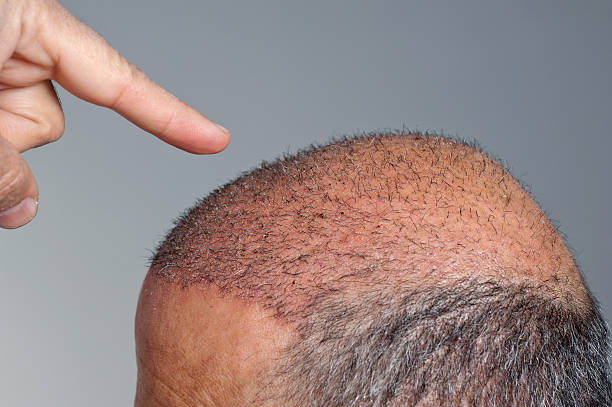Scalp Psoriasis Explained: Symptoms, Causes, and Relief Options
Scalp psoriasis is a chronic autoimmune condition that affects approximately 3% of the global population, causing red, scaly patches on the scalp. While it can be challenging to manage, understanding its symptoms, triggers, and treatment options can help individuals better control their condition and find effective relief.

What Are the Common Symptoms of Scalp Psoriasis?
Scalp psoriasis typically manifests as raised, reddish patches covered with silvery-white scales. These patches can be small and isolated or may merge to cover larger areas of the scalp. Common symptoms include intense itching, burning sensation, and temporary hair loss in affected areas. Many people also experience flaking that may be mistaken for severe dandruff, and the condition can extend beyond the hairline onto the forehead, neck, and behind the ears.
What Triggers Scalp Psoriasis Flare-ups?
Several factors can trigger or worsen scalp psoriasis flare-ups. Common triggers include:
-
Stress and anxiety
-
Cold, dry weather conditions
-
Skin injuries or trauma
-
Certain medications, including beta-blockers and lithium
-
Infections, particularly strep throat
-
Excessive alcohol consumption
-
Hormonal changes
-
Smoking
Understanding and avoiding personal triggers can significantly help in managing the condition.
What Are the Most Effective Treatment Options?
Treatment options for scalp psoriasis range from over-the-counter products to prescription medications. Common approaches include:
-
Medicated shampoos containing salicylic acid or coal tar
-
Topical corticosteroids to reduce inflammation
-
Vitamin D analogs to slow skin cell growth
-
Topical retinoids
-
Light therapy (phototherapy)
-
Systemic medications for severe cases
How Can You Manage Scalp Psoriasis at Home?
Several home management strategies can help control scalp psoriasis:
-
Using a gentle, fragrance-free shampoo
-
Applying moisturizing treatments to affected areas
-
Avoiding hot water when washing hair
-
Using a humidifier to prevent dry air
-
Managing stress through relaxation techniques
-
Following a healthy diet rich in anti-inflammatory foods
-
Regular but gentle scalp care to avoid irritation
Which Treatments Are Most Commonly Prescribed by Dermatologists?
Treatment options prescribed by dermatologists vary based on severity and individual response. Here’s a comparison of common prescriptions:
| Treatment Type | Common Medications | Average Cost per Month |
|---|---|---|
| Topical Steroids | Clobetasol, Betamethasone | $30-100 |
| Vitamin D Derivatives | Calcipotriene | $200-400 |
| Systemic Medications | Methotrexate, Biologics | $500-15,000 |
| Combination Treatments | Steroid + Vitamin D | $150-450 |
Prices, rates, or cost estimates mentioned in this article are based on the latest available information but may change over time. Independent research is advised before making financial decisions.
Living with scalp psoriasis requires patience and a comprehensive treatment approach. While there is no cure, many effective management options can help control symptoms and improve quality of life. Regular consultation with a healthcare provider can ensure the most appropriate treatment plan for individual cases.
This article is for informational purposes only and should not be considered medical advice. Please consult a qualified healthcare professional for personalized guidance and treatment.




